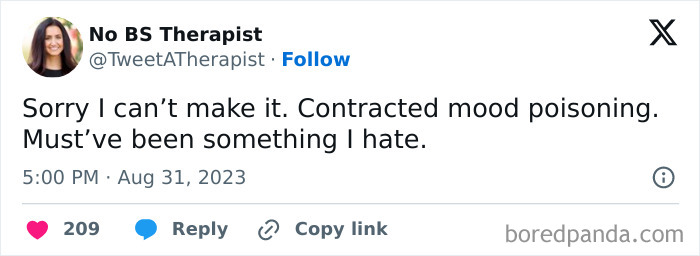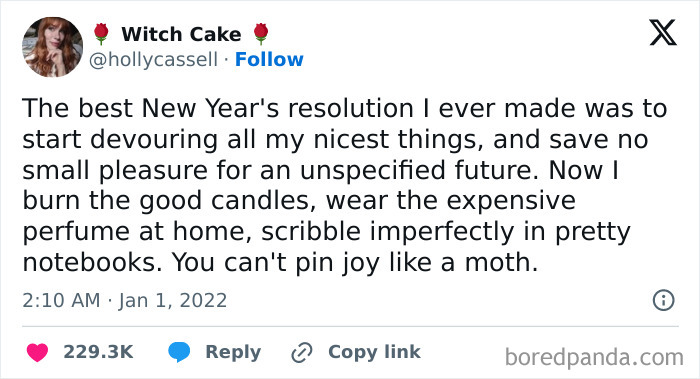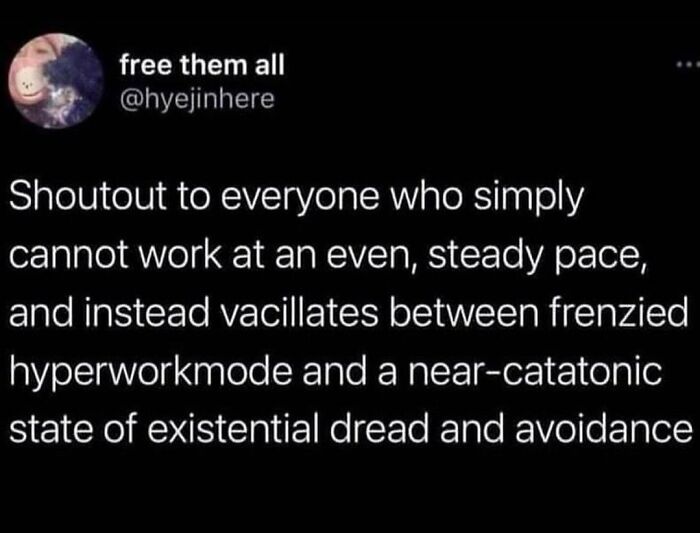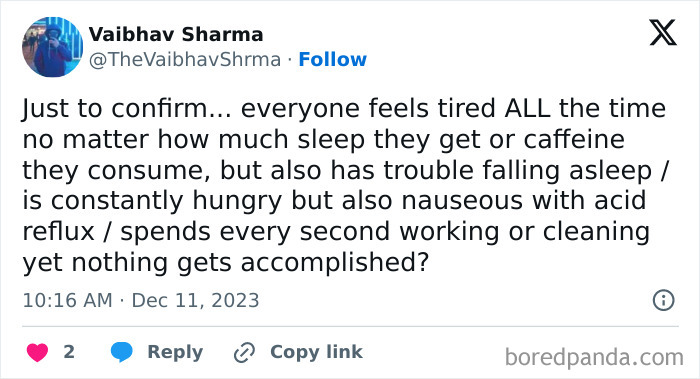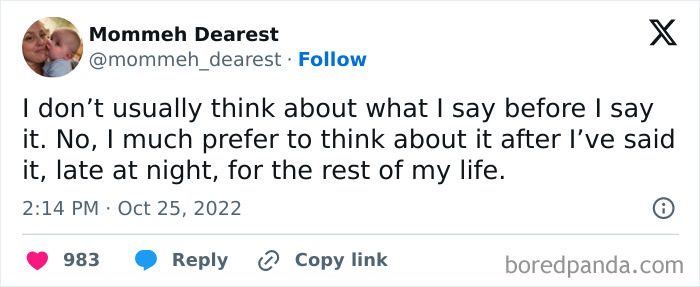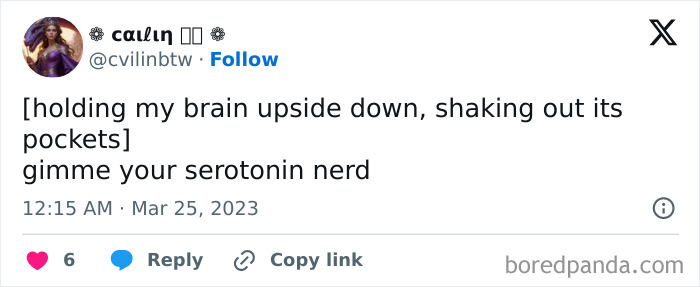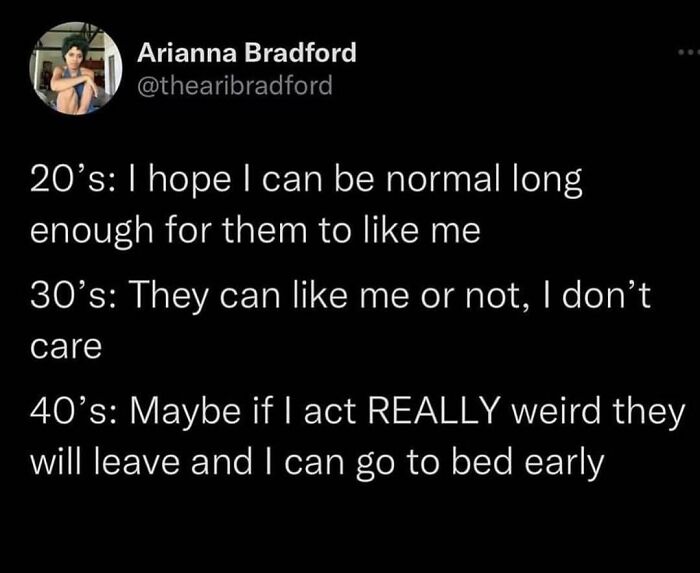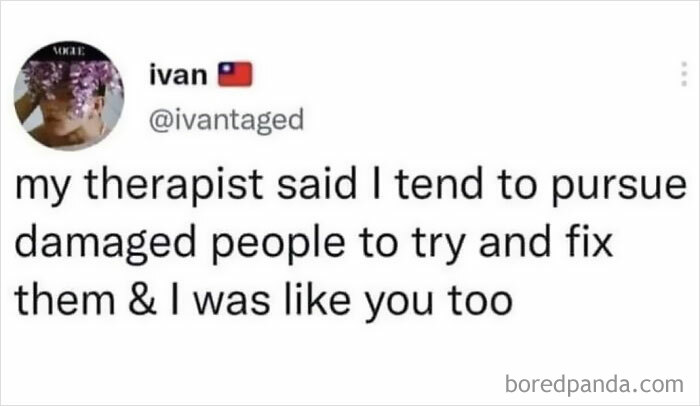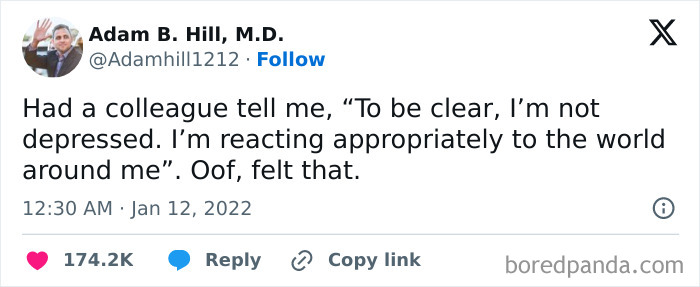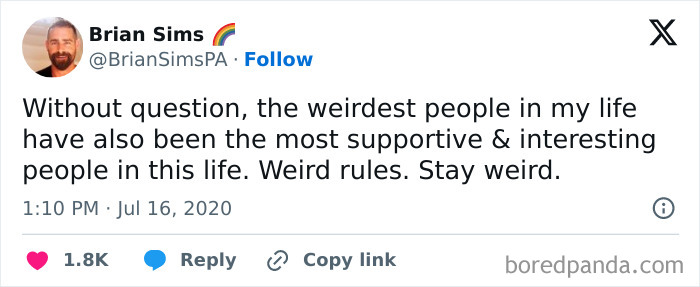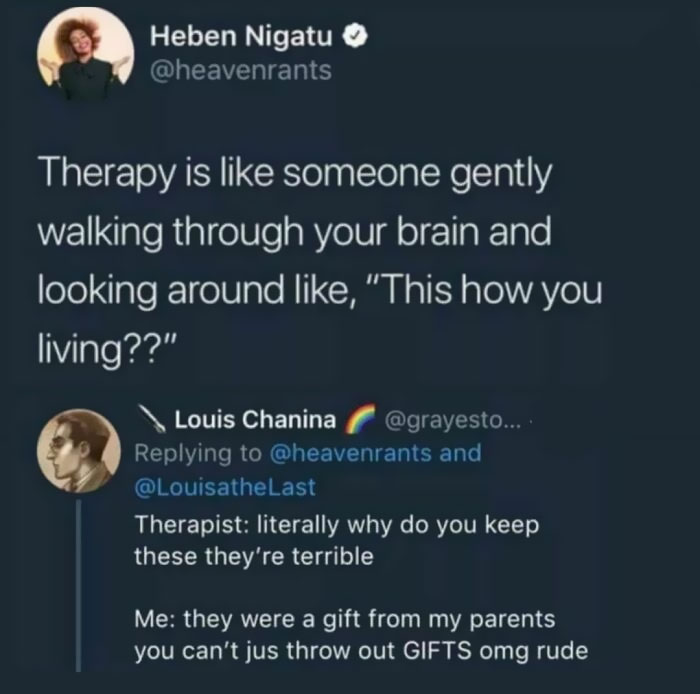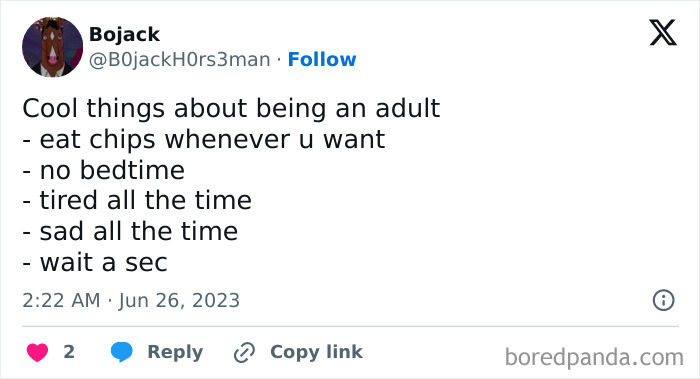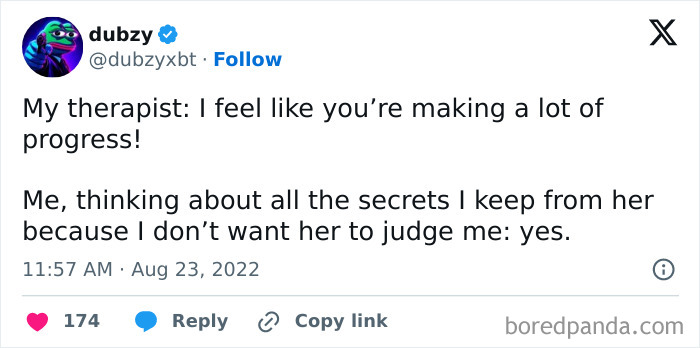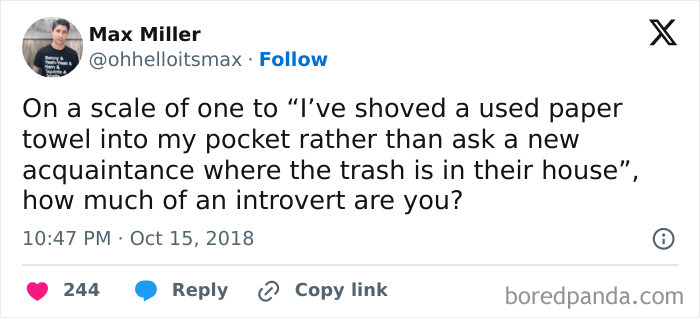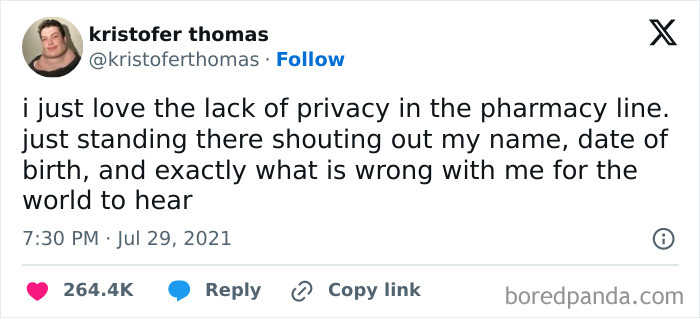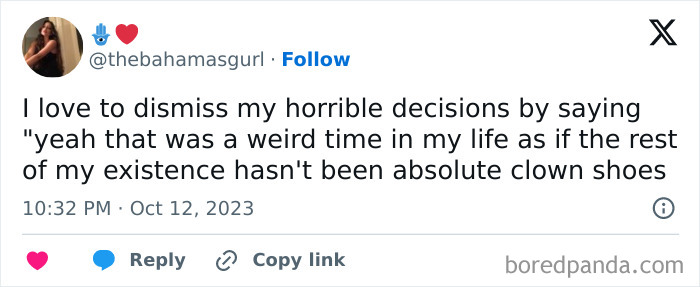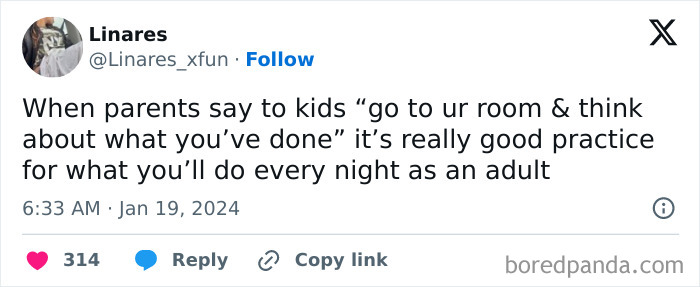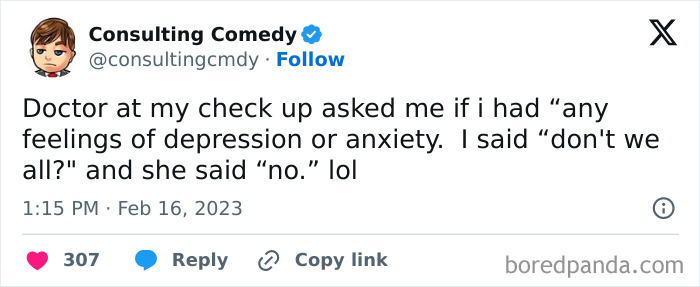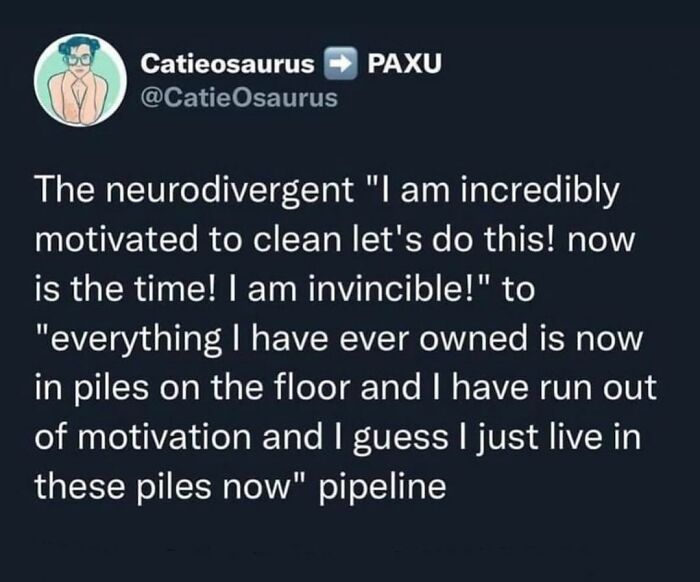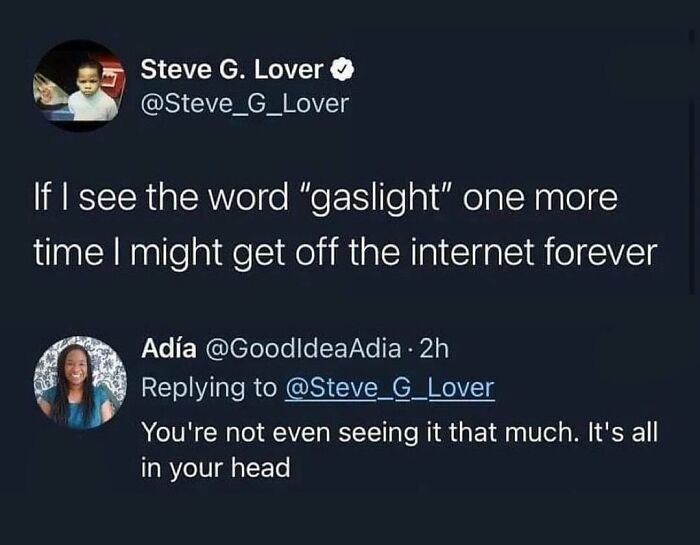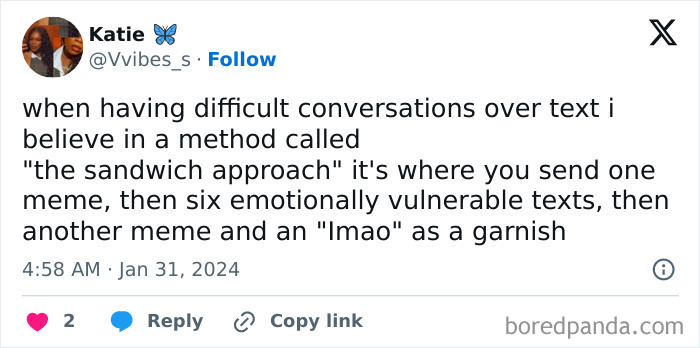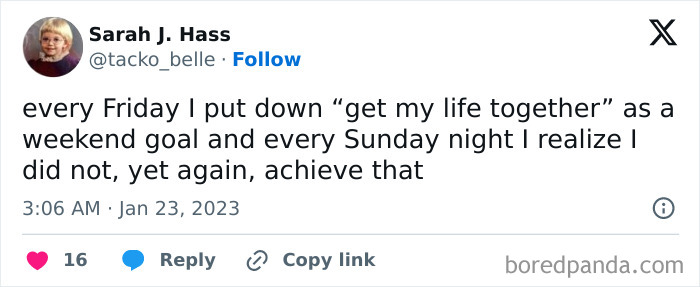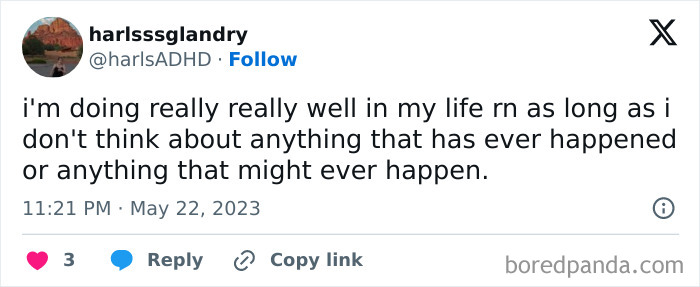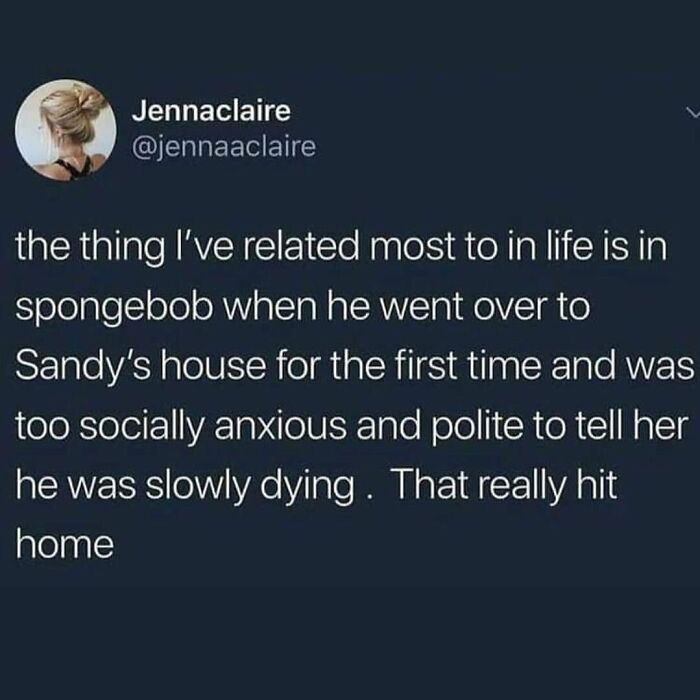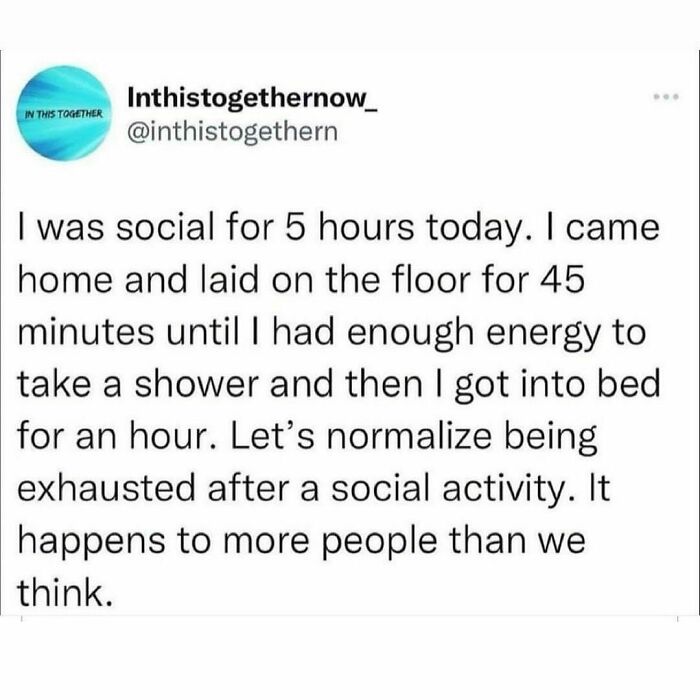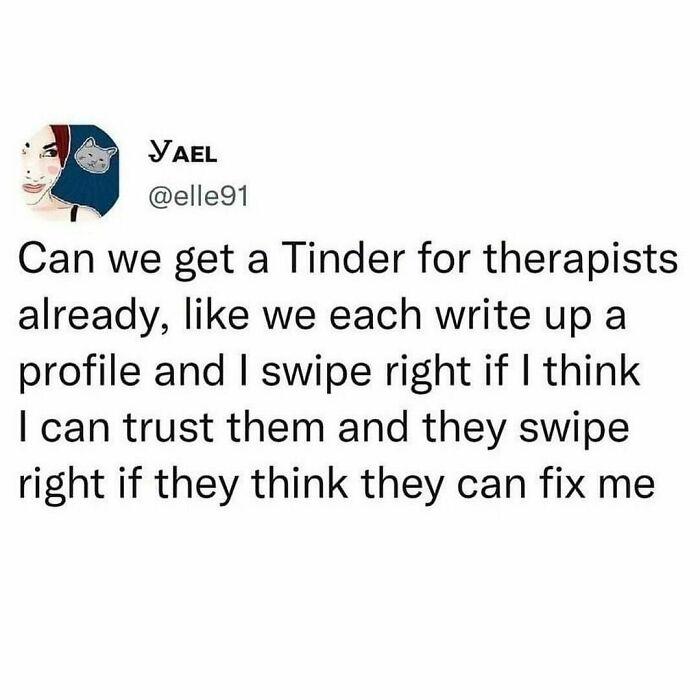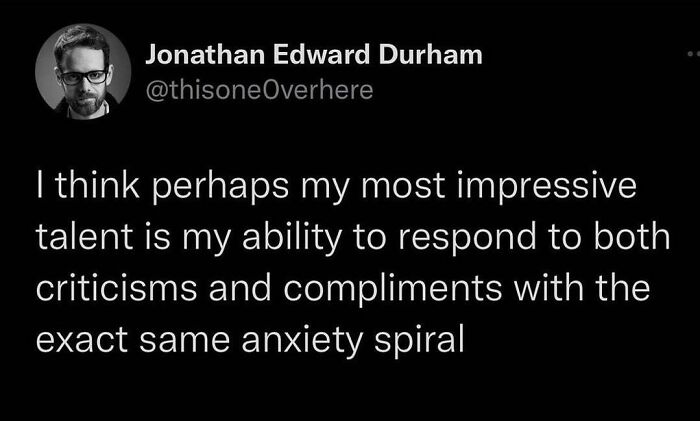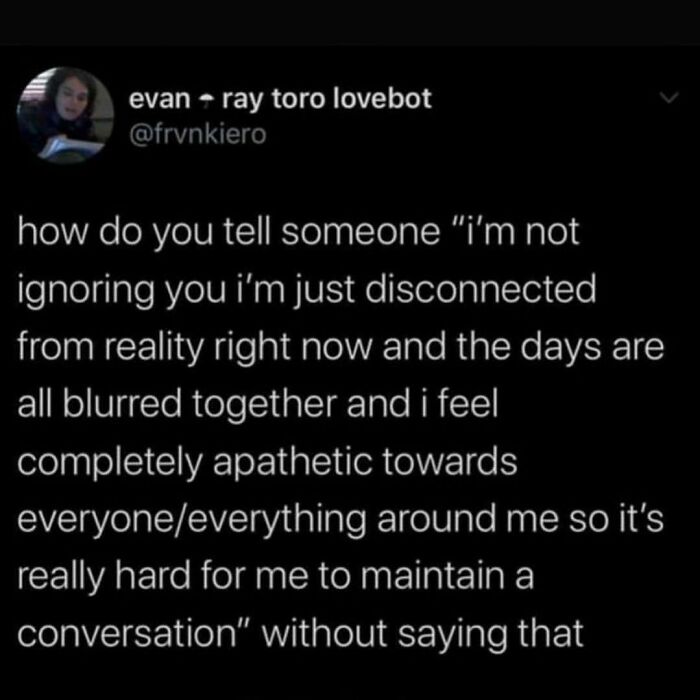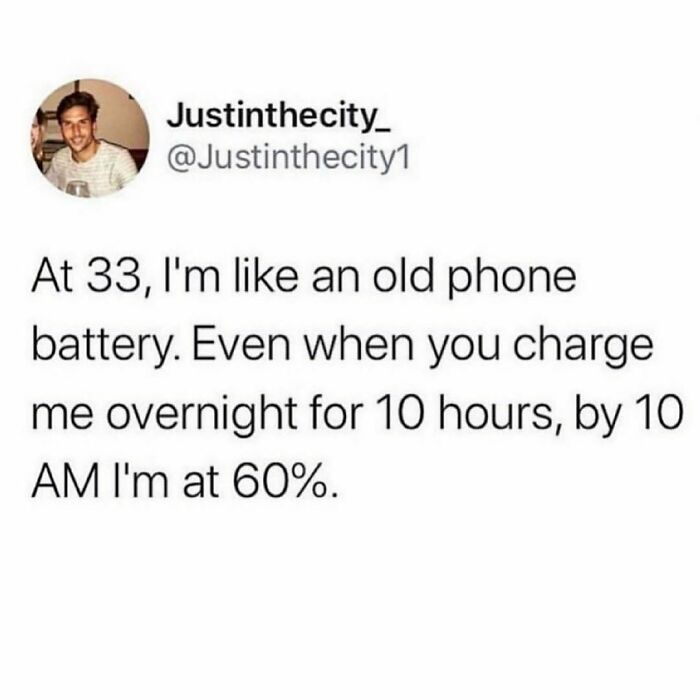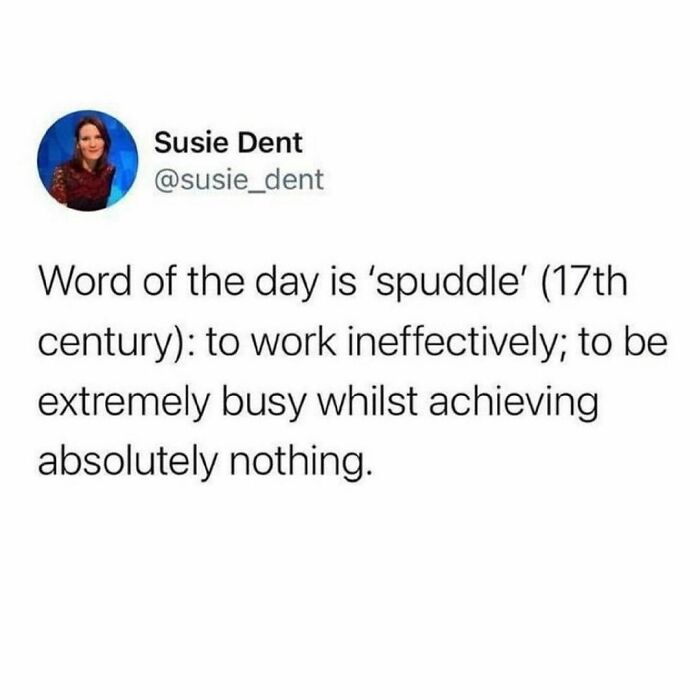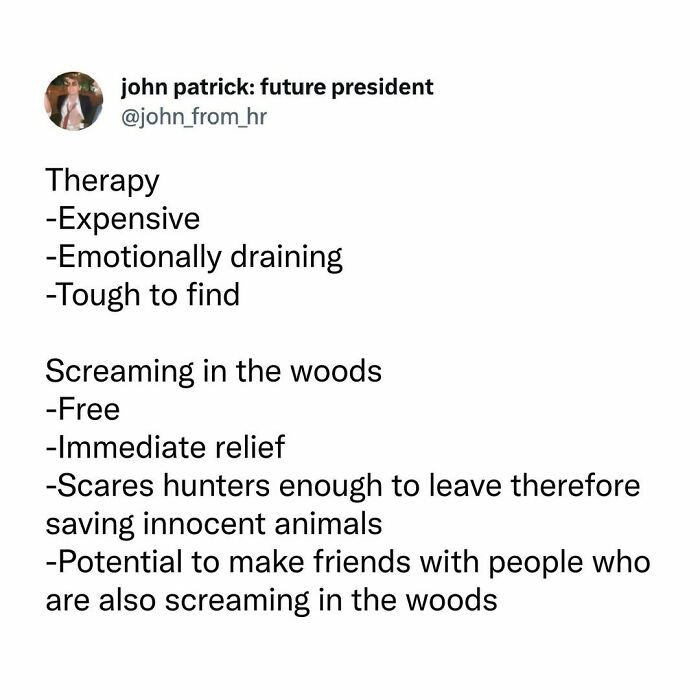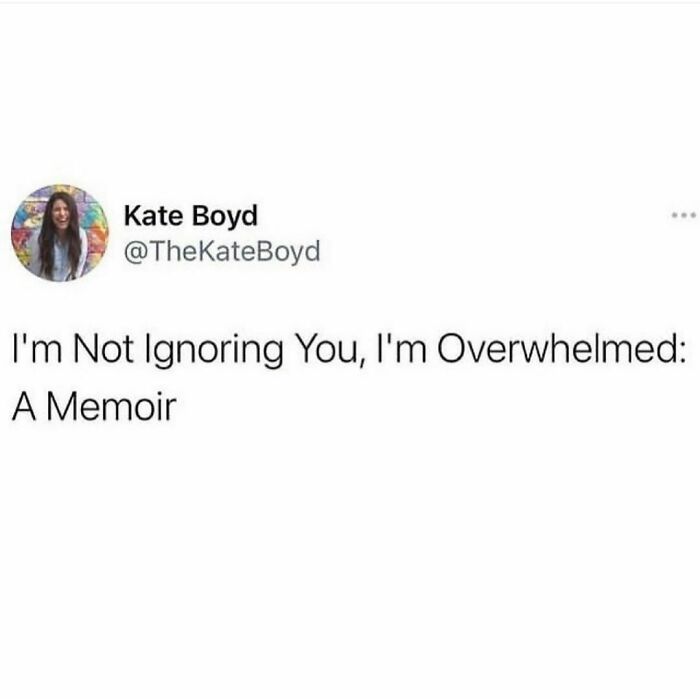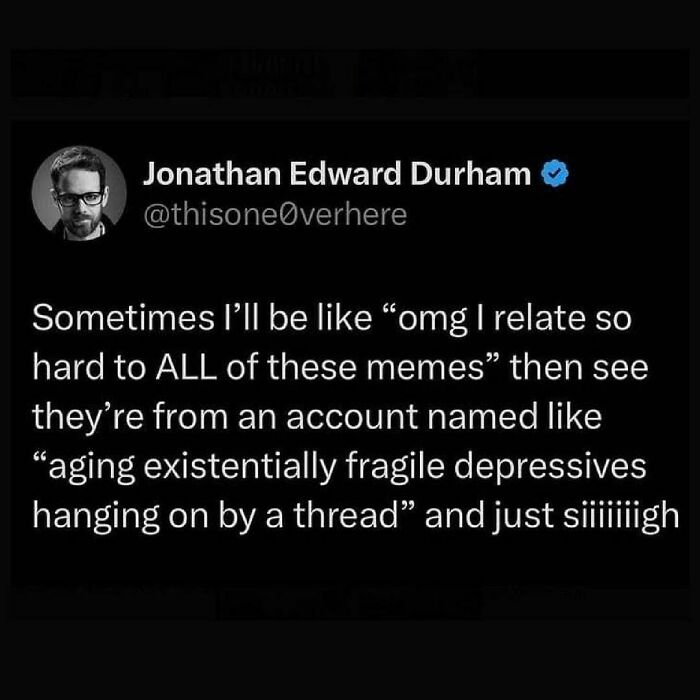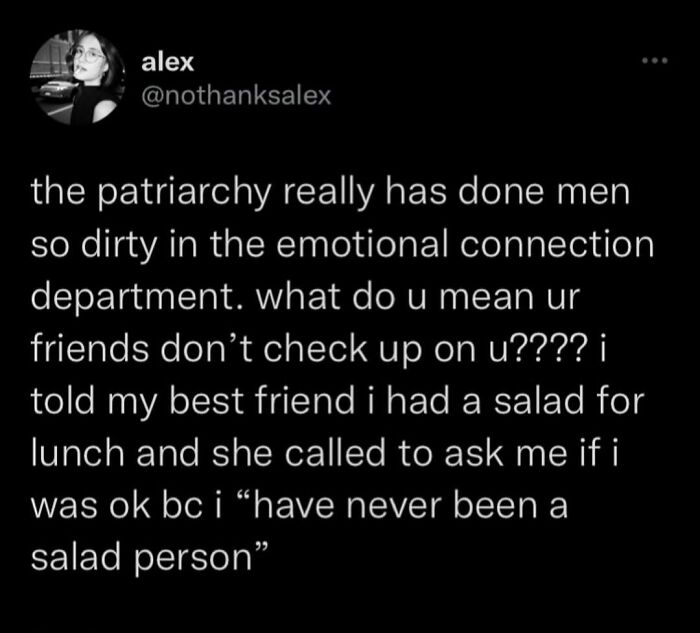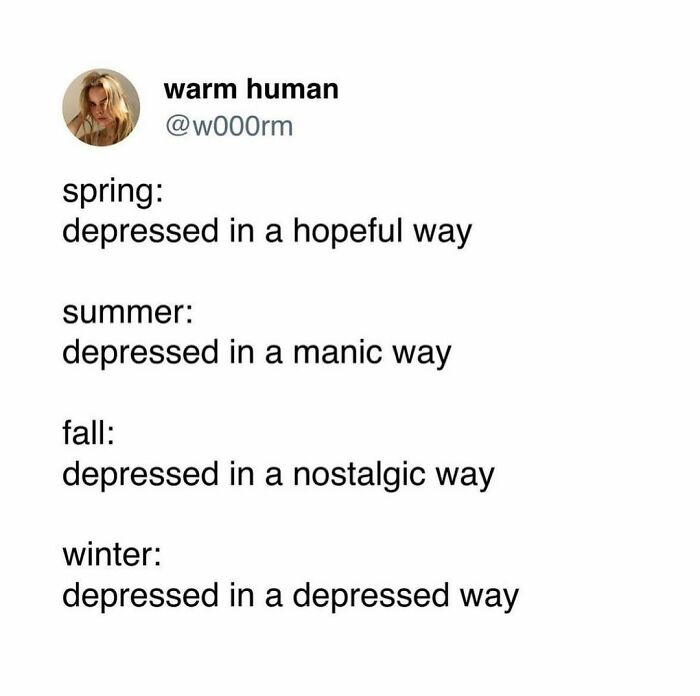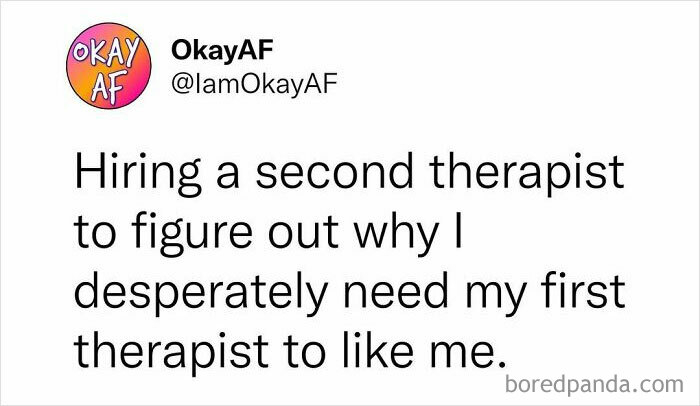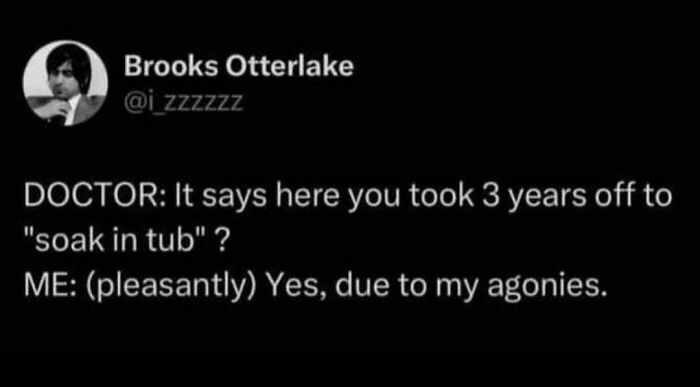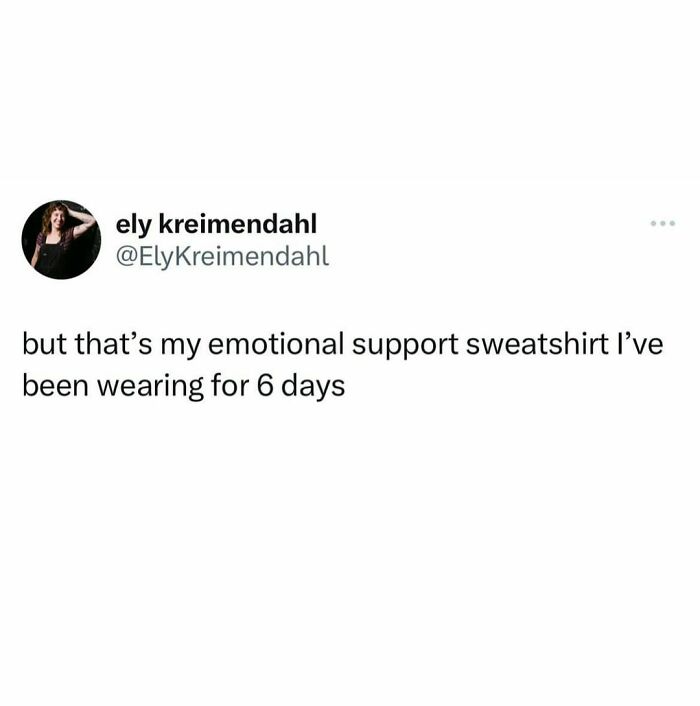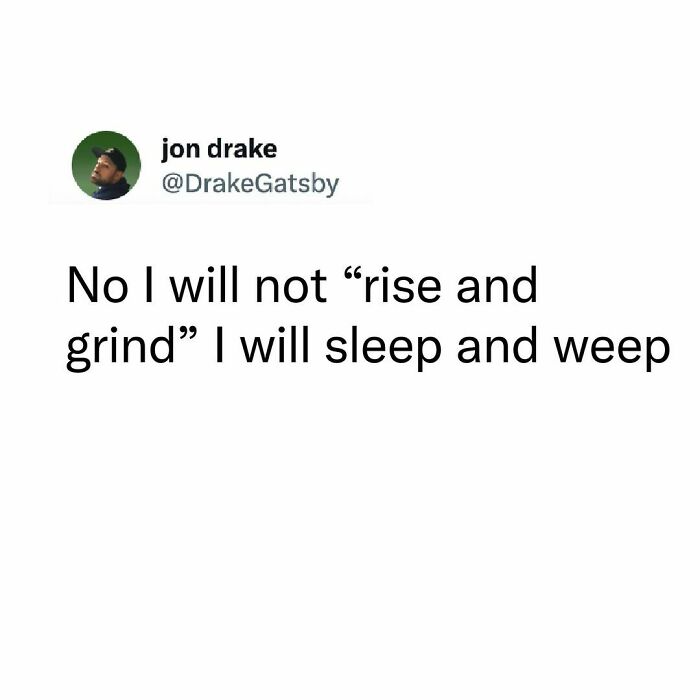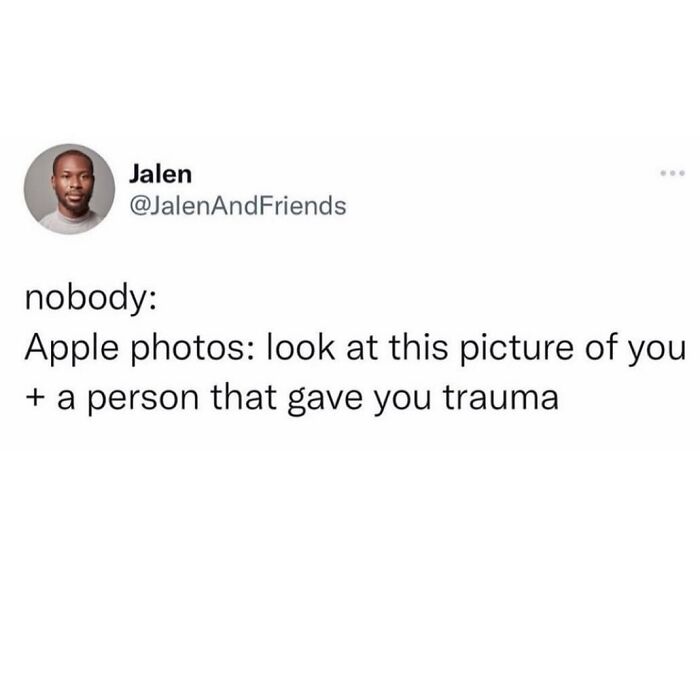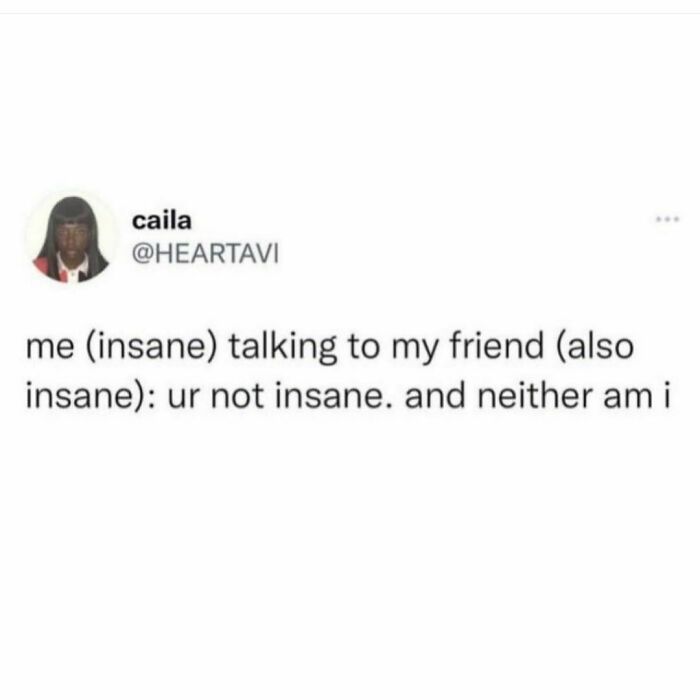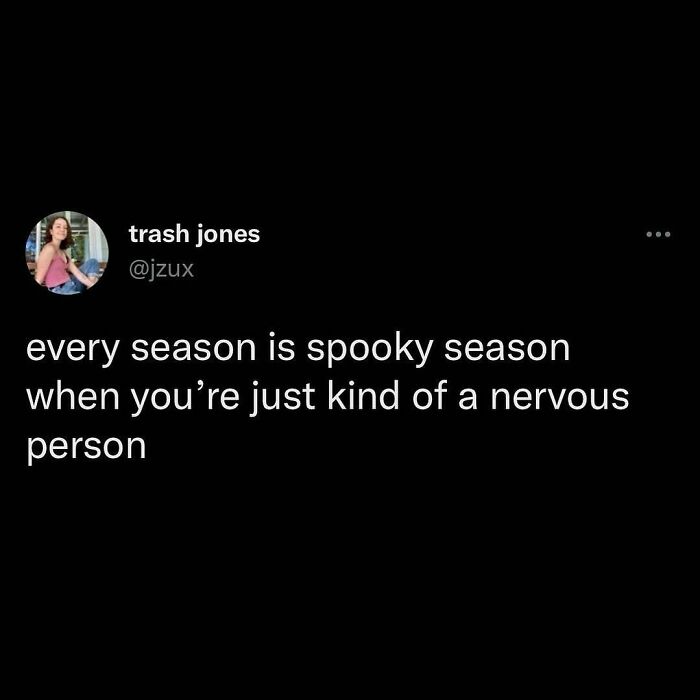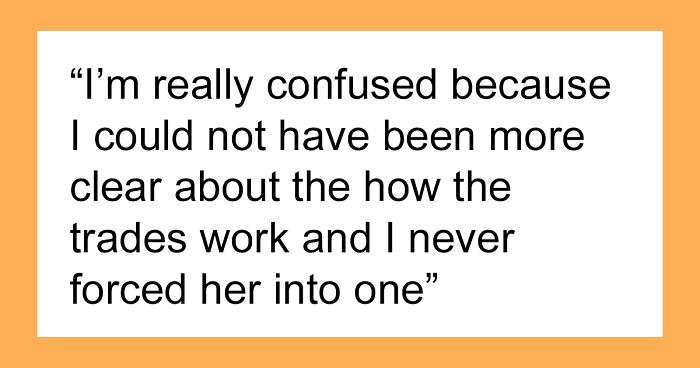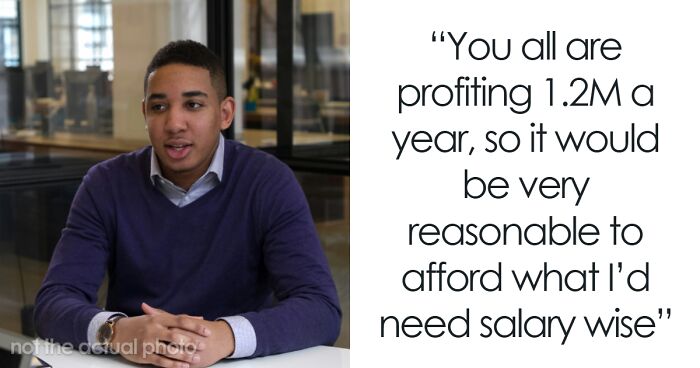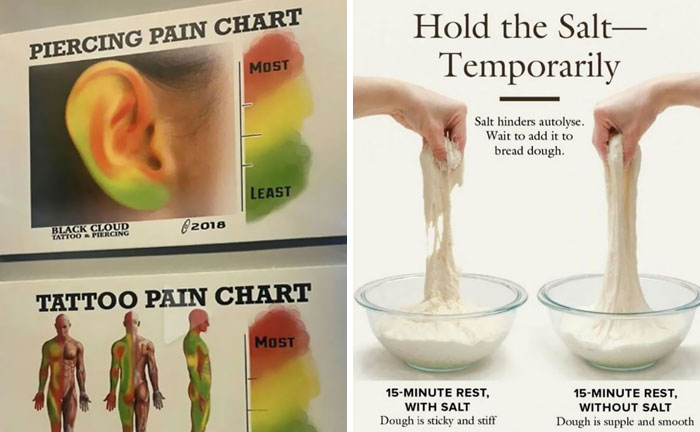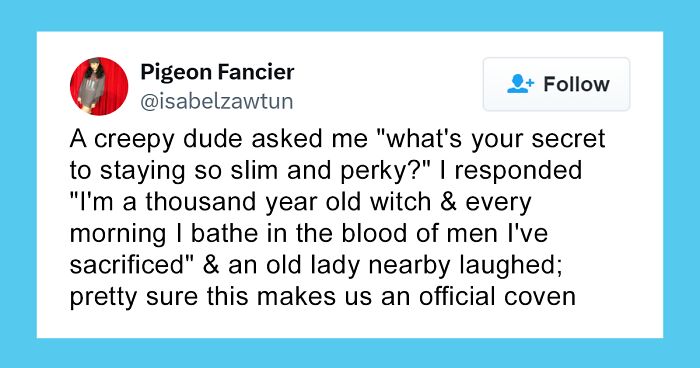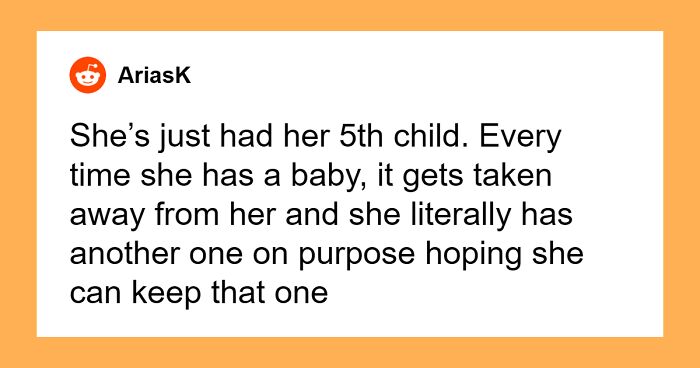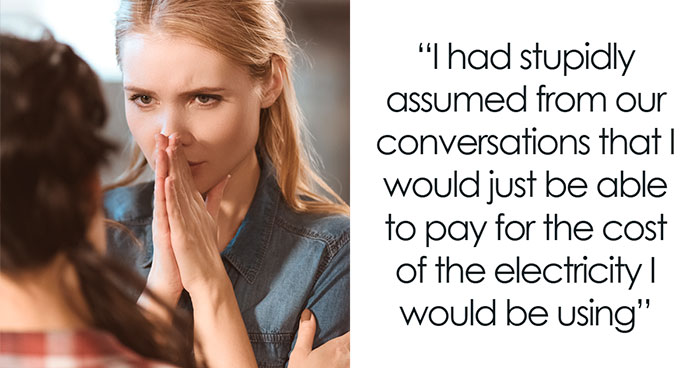It’s vital that we all talk about mental health. Though more and more people are open to discussing this topic and going to therapy, others still think it’s embarrassing or even shameful. One way to break the ice and get people to open up is to destigmatize the entire subject with some humor.
That’s where the ‘I am Okay AF’ Instagram account comes in. A new mental health account launched by the 'AF Media' team behind the legendary ‘Thirty AF’ account, the page shares extremely relatable and hilarious memes about mental health. They are a witty reminder that all of us are doing our best, no matter who we are. Scroll down for some humor that hits a bit too close to home.
More info: Instagram (I am Okay AF) | Instagram (Thirty AF) | 30AF.com | LinkTree
This post may include affiliate links.
At the time of writing, the ‘I am Okay AF’ account boasts 23.3k followers. That’s quite a sizable following, considering that the project was only launched in November 2023.
It’s incredibly likely that the account is only going to continue growing by leaps and bounds. Especially considering that it’s the brainchild of the team behind the massively popular ‘Thirty AF’ social media project, which has lots of experience in content creation and meme culture.
As reported by CNN, a recent poll commissioned by the National Alliance on Mental Illness (NAMI) found that most employees (74%) believe that it’s okay to talk about mental health in the workplace. However, there is a caveat. Just 58% of respondents said that they would feel comfortable actually doing so.
“People are coming (into work) with a lot more than what is on their to-do list. Those stresses can affect how they’re feeling and how they perform on the job,” the National Director of Innovation at NAMI, Barb Solish, said.
“The most common reasons employees cited for feeling uncomfortable discussing their mental health at work were stigma or judgment, no one else talking about their mental health, and not wanting to seem weak,” the organization shared in a statement.
The biggest sources of stress for employees, according to the survey, were the state of the world, their jobs, their finances, their personal lives, their physical health, and then their mental health. Meanwhile, 52% of workers revealed that they felt burnt out over the past year due to their jobs.
36% of the people surveyed also noted that their jobs had a negative effect on their mental health. According to NAMI, those workers who are less comfortable talking about their mental health in the workplace are also more likely to feel burnt out and that their mental health is suffering.
Some companies and managers are taking note and tackling mental health issues however they can. HR consulting firm Mercer notes that half of all employers that they’ve surveyed have “conducted anti-stigma campaigns to help employees feel comfortable utilizing behavioral health services.”
Around a third of employers are training their managers to recognize behavioral health concerns so that they can proactively solve the issues before they become serious.
“If you see a change in how they [the employees] feel, act, look, or think [for at least] two weeks, it may be time to start a conversation with a coworker or a direct report. You don’t have to be a clinician to talk about mental health,” NAMI National Director of Innovation Solish points out that managers should take steps to solve the issues once they identify that someone’s struggling.
I let them help with my little everyday struggles, if I really opened up I'd be involuntarily hospitalized
Words to live by to keep your sanity: 'other people's opinions of me are none of my business'
While many people are happy to go to therapy, others are incredibly reluctant to do so. Some folks resist the idea of talking to a professional counselor because they feel like they’re paying someone an exorbitant amount of money to talk about their feelings. So, one of the challenges to overcome is financial.
Another is to recognize that the work that therapists do is far more than having a friend hear you out. Mental health professionals get to the root of the problem, reframe how you perceive your life, and work to give you more confidence in life.
Others feel like going to therapy or admitting that they’re struggling with something in life is akin to showing that they’re ‘weak.’ These people (especially men) are worried about being perceived as vulnerable. They also tend to believe it’s a sign of weakness to ask for help instead of handling the problems on their own. So, they tend to hide their emotions and struggles.
My mental health now sucks so bad that feeling any emotion triggers headaches, mild fevers and nausea which all last for the rest of the day :(
I'm so sorry to hear that. Are you seeing a doctor about this? I hope you'll get better soon. 😊
Load More Replies...Finally worked up the nerve to talk to my doctor about my mental health (first time I'd mentioned to a professional in over 35 years). I said: "I've been depressed since I was a little kid, but recently it's been worse. I'm having a lot of trouble functioning right now." and he laughed and said "Yeah, there's a lot of that going around." and that was it. Never confiding in anybody ever again. I smile, I joke, I laugh, I greet people in a warm and friendly voice and make an effort to keep things light and relaxed. And nobody has a clue I've been suicidal for over 4 decades.
My best tip to improve your mental health: read a history book. Then suddenly things don't seem so bad.
My mental health now sucks so bad that feeling any emotion triggers headaches, mild fevers and nausea which all last for the rest of the day :(
I'm so sorry to hear that. Are you seeing a doctor about this? I hope you'll get better soon. 😊
Load More Replies...Finally worked up the nerve to talk to my doctor about my mental health (first time I'd mentioned to a professional in over 35 years). I said: "I've been depressed since I was a little kid, but recently it's been worse. I'm having a lot of trouble functioning right now." and he laughed and said "Yeah, there's a lot of that going around." and that was it. Never confiding in anybody ever again. I smile, I joke, I laugh, I greet people in a warm and friendly voice and make an effort to keep things light and relaxed. And nobody has a clue I've been suicidal for over 4 decades.
My best tip to improve your mental health: read a history book. Then suddenly things don't seem so bad.

 Dark Mode
Dark Mode 

 No fees, cancel anytime
No fees, cancel anytime 



